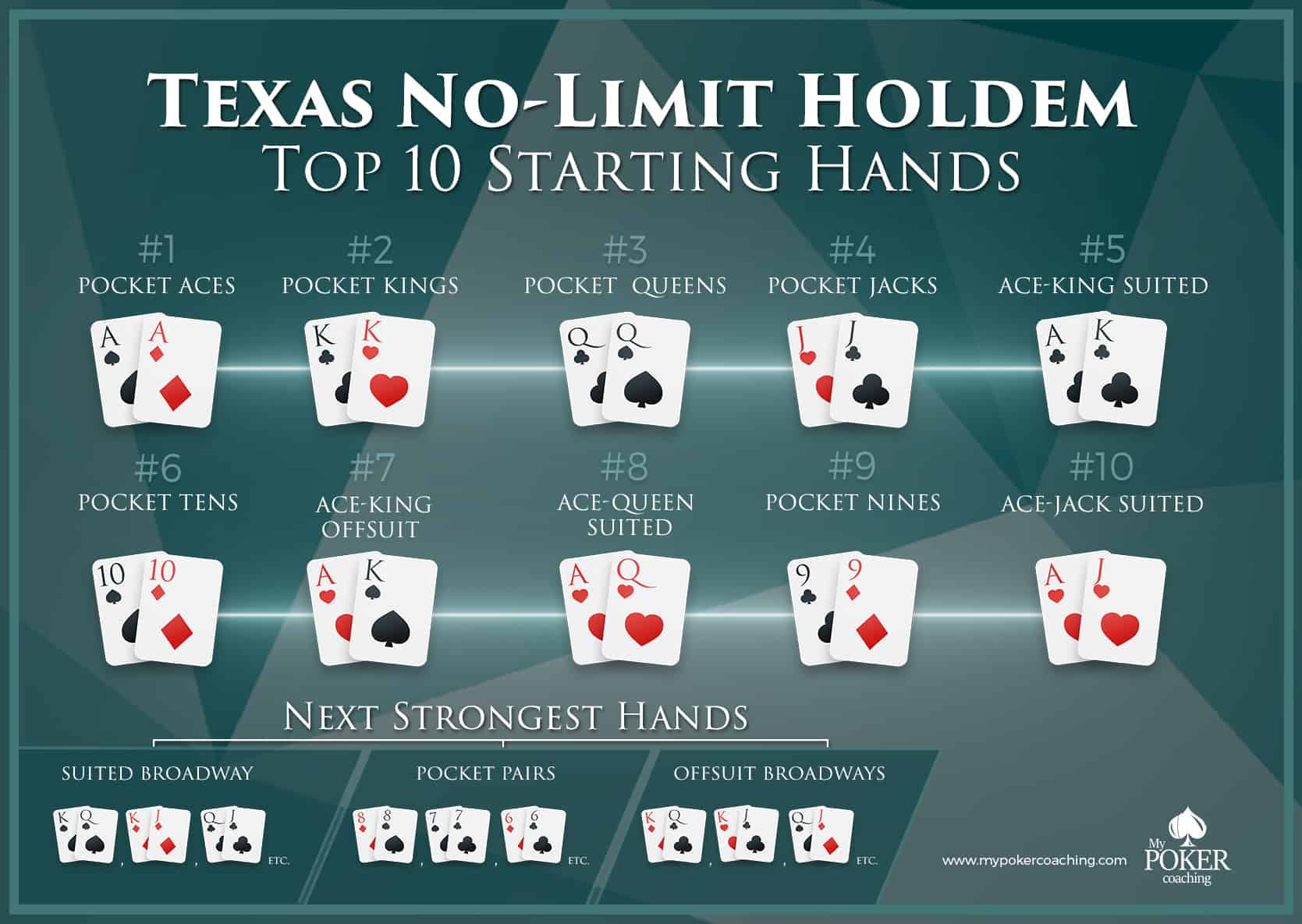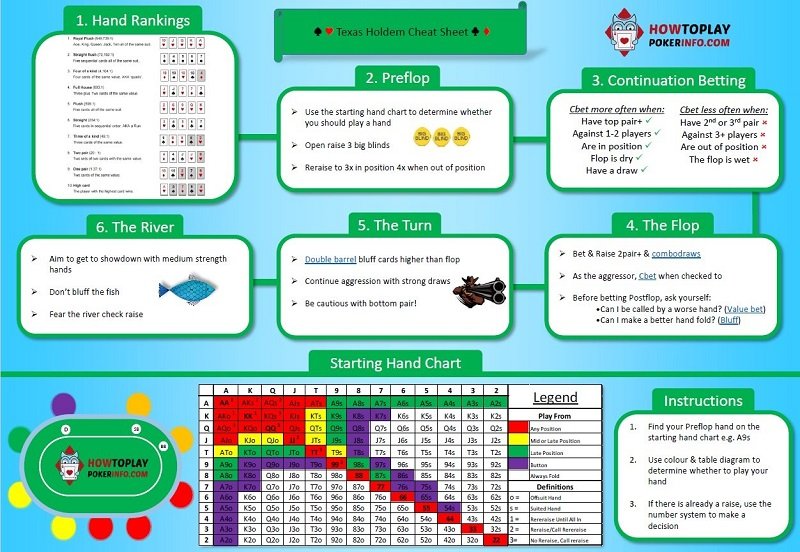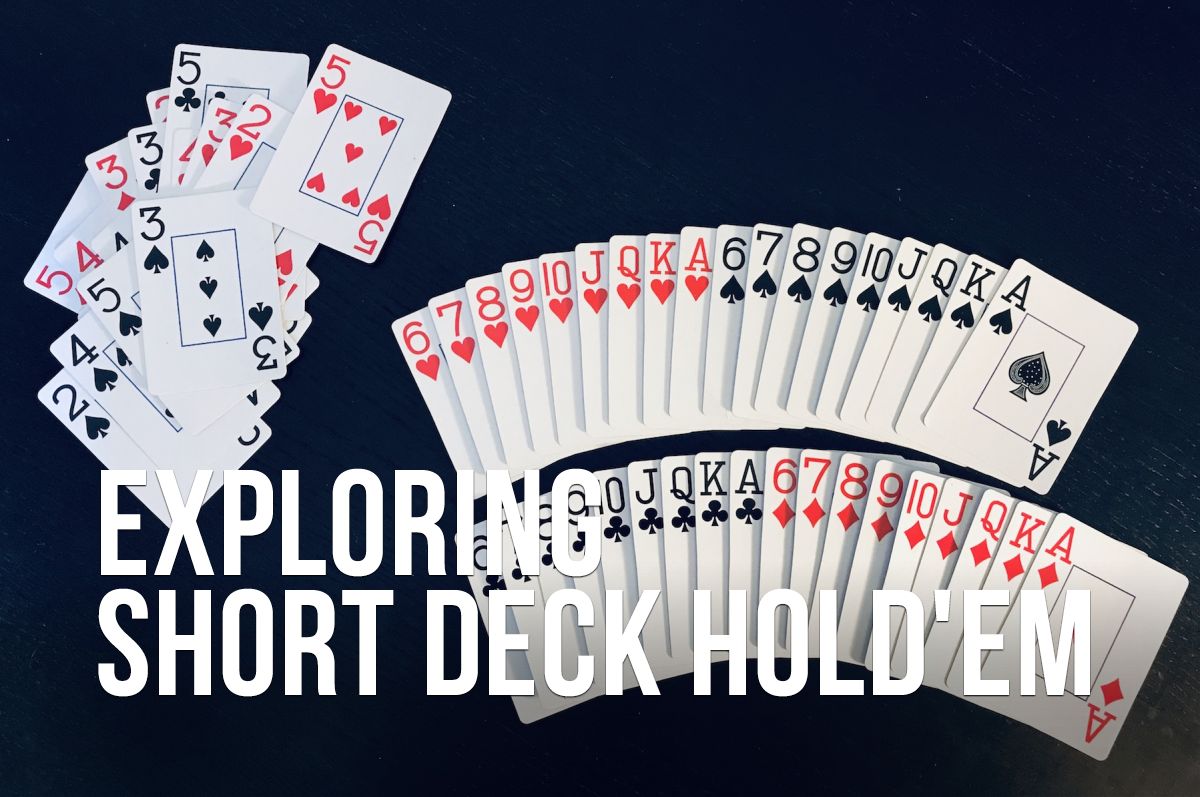No Limit Hold Em Odds

Mar 13, 2017 He is the author of hundreds of articles and two books, Winning 7-Card Stud (Kensington 2003) and Winning No-Limit Hold'em (Lighthouse 2012). He is also the host of poker radio show House of Cards. When playing hold’em it’s essential that you put your opponent on a range of hands, rather than specific holdings. However, knowing the odds of common pre-flop match-ups is a good starting point. However, knowing the odds. The odds in this Texas Hold'em odds table are unlikely to directly help your overall strategy, but they are pretty interesting nonetheless. The Texas Hold'em odds for each of the different situations have been given in both percentage and ratio odds, so use whichever format you feel comfortable with.
Learning how to calculate the odds of winning a poker hand is essential for every player. In this article we'll provide you with some techniques that you can use to calculate the odds of winning a poker hand on the fly, we'll equip you with a tool that can do that for you and provide you with some useful information that you can memorize.
Poker Odds and Outs Calculations
Let's start with the basics. With the exception of the very strong holdings like some flushes, quads etc. almost every poker hand can improve. Outs are the cards that will improve your hand if they show up at a later street. For example, if you're holding AQ on a Q34 board you can still improve to two pair or trips if you hit on of the three Aces remaining in the deck or one of the two remaining Queens.
- Gutshot Straight Draw (examples: JT on Q93, 57 on 69A etc.) - 4 outs
- Open Ended Straight Draw (examples: 98 on T72, KQ on JT5) - 8 outs
- Flush Draw (examples: AhQh on 2c7h9h, 4d6d on JdKd8s) - 9 outs
Pot Odds

Pot Odds - the size of the pot in relation to the bet that you have to call to continue playing the hand. Pot Odds are usually represented in the form of a ratio (2:1, 3.2:1, 4:1 etc.). Pot odds are essentially the risk you have to take (call) to gain the reward (size of the pot).
Let's say that the size of the pot on the flop equals 2$. Our opponent is betting 1$. To continue playing we have to call 1$ and if we do we can win 2$ + 1$ = 3$. We're getting 3 to 1 pot odds. Now let's make it a bit more complex, pot size is 3,55$, opponent bets 2,33$. We have to call 2,33$ to win 3,55$ + 2,33$ (5,88$). Our pot odds are 5,88$ / 2,33$ = roughly 2.5 : 1.
Let's say our opponent is betting 2$ into 6$ pot so our pot odds equal 4:1. To convert the ratio into % add both sides of the ratio (4 + 1) and use that number as a divisor for the right part of the ratio (1 / 5 = 20%).
In the example above you need to win 20% of the time to break even when your opponent is giving your 4:1 pot odds. How often do you need to win to make the call in other popular situations? Here are some examples for you to memorize:
- 1:1 = 50%
- 2:1 = 33%
- 3:1 = 25%
- 4:1 = 20%
Rule of 2 and 4
Now that you know what pot odds and odds are you can learn the quick way of calculating the percentage chance of your hand improving. It's called the rule of 2 and 4 and it's very simple:
With one more card to come (on the flop waiting for the turn or on the turn waiting for the river) multiply your outs by 2 to calculate the % chance of your hand improving. With two more cards to come (opponent all-in on the flop or any other situation when you have to call just one bet to see both turn and river) multiply your outs by 4 to calculate the % chance of your hand improving.
Example: You're holding T8 on a J24 board, you have 9 outs to hit your flush. Villain goes all in on the flop. Your % chance of improving to a flush equals 4 * 9 = 36%. Let's consider the same situation but this time flop went check/check, the turn is an Ace of clubs and your opponent is betting. Your % chance of improving in that situation would be 2 * 9 = 18%.

Hand vs. Hand All-in Pre-flop

Example | Odds | %Odds/Equity | |
Pocket Pair vs. Smaller Pocket Pair | AA vs. TT | 4 : 1 | 80% |
Pocket Pair vs. Two High Cards | 88 vs. AQ | 1.2 : 1 | 55% |
Pocket Pair vs. Two Low Cards | QQ vs. 67 | 4.9 : 1 | 83% |
Pocket Pair vs. High Card and Low Card | JJ vs. A9 | 2.3 : 1 | 70% |
Two High Cards vs. Two Low Cards | AJ vs. 78 | 1.9 : 1 | 65% |
High Card and Low Card vs. Unpaired Hand | AT vs. KQ | 1.2 : 1 | 55% |
Odds of Improving Post-flop
Example | Outs | Flop%/Odds | Turn%/Odds | |
Gutshot Straight Draw | JT on Q83 | 4 | 16.5%/5.1 : 1 | 8.7%/10.5 : 1 |
Two High Cards | AK on 962 | 6 | 24%/3.1 : 1 | 13%/6.7 : 1 |
Open-Ended Straight Draw | 89 on A76 | 8 | 31.5%/2.2 : 1 | 17.4%/4.7 : 1 |
Flush Draw | AhQh on Jh5h8c | 9 | 35%/1.9 : 1 | 19.6%/4.1 : 1 |
Flush Draw + High Card | As2s on 8sQs4d | 12 | 45%/1.2 : 1 | 26.1%/2.8 : 1 |
Open-Ended Straight Flush Draw | Td9d on Jd8dKh | 15 | 54.1%/0.85 : 1 | 32.6%/2.1 : 1 |
Poker Odds Calculator

So far you've learned about outs, odds, calculating the chance of improving your hand on the fly, and figuring out if it's profitable to make a call based on the pot size and bet size of your opponent. That's enough to get you started, but it probably doesn't answer every question you might have.
Maybe you want to figure out what's the equity of your set vs. two opponents holding a flush draw and straight draw? Maybe you want to know if your hand has any chance of winning in a 5-way family pot. Fortunately, we got you covered! You can answer those and many other questions using the Odds Calculator provided below:
Here's a quick guide on how to use the odds calculator:
- In the top right, you can choose your preferred game (you can even calculate the equity of winning a hand in games like Omaha Hi/Lo or Razz).
- Choose the number of players in the pot.
- Click on player's hole cards and assign them using the list provided at the bottom of the calculator.
- You can add cards to the board in the same way.
- Click 'Get Odds' et voila!
Now you can calculate the odds of winning any poker hand. With such a powerful tool at your disposal, you'll improve as a poker player in no-time!
Other Top Recommended Content
If you enjoyed reading this article, check out our other top recommended articles on poker mathematics!- Poker Maths - Combinations
- Odds & Outs
Texas Hold Em No Limit
Or why not try out some poker mathematics related coaching videos?- Odds & Outs
- Bitesize Poker Concept - Implied Odds